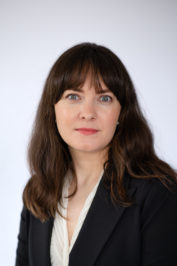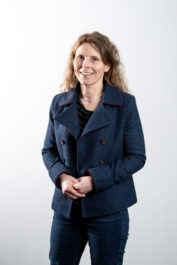Academic freedoms, the right to explore, express, and exchange ideas without fear of reprisal, is facing unprecedented threats worldwide. Scholars, educators, and students are increasingly vulnerable to contemporary challenges to academic freedoms, including ideological polarization and censorship to misinformation, undue influence in funding, surveillance. This erosion of academic freedoms undermines the quality of education, hinders scientific progress, and weakens the foundations of open and democratic societies.
In response to these challenges, NORRAG proposes the establishment of an Academic Freedoms Fellows Scheme to complement those in Africa, Latin America and the Caribbean, and South-East Asia. This Fellows Scheme will, in the same way as in the other regions, support critical research, foster dialogue, and promote the defence of academic freedoms. The scheme will provide a platform for Fellows to investigate salient threats to academic freedoms, contribute to a more nuanced understanding of its importance in contemporary society, and develop innovative approaches to its protection.
This project directly addresses the urgent need for innovative and context-specific approaches to safeguarding academic freedoms. By supporting fellows from diverse backgrounds and disciplines, the scheme will generate new knowledge, promote cross-cultural learning, and empower advocates to address the multifaceted challenges facing academic communities. The project’s emphasis on moving beyond legalistic definitions of academic freedoms, and the exploration of its emancipatory potential will contribute to a more robust and inclusive understanding of this fundamental right. Furthermore, the Fellowship’s focus on supporting senior, mid-career and early career academics across the entirety of the European continent will facilitate the identification of effective strategies for promoting and defending academic freedoms in different academic and geopolitical contexts and career stages.
This Fellowship programme in Europe complements other academic freedoms coalitions that are embedded in other regions, such as the Africa Coalition for Academic Freedom (ACAF), the Coalition for Academic Freedom in the Americas (CAFA), and the Southeast Asia Coalition for Academic Freedom (SEACAF).
Europe is fruitful ground for further research and policy-making to protect academic freedoms due to several factors:
This Academic Freedoms Fellows Scheme will operate from September 2025 to December 2026. NORRAG will support these Academic Freedoms Fellows as a community of experts, with online and offline opportunities to collaborate quarterly and to share information and experiences on their work on academic freedoms, how to best develop and communicate actionable research that may be used for policy, planning and practice, and how to strengthen linkages between academic freedoms research in their country and innovations or programs in other countries in the region. The project team will facilitate writing workshops for the Fellows to write together, whether developing academic or policy products, and also to elaborate larger collaborative research programmes for future funding by the European Commission or individual country’s research funding agencies.
The theme of the fellowship programme is deliberately broad, to capture the wide range of current debates in academic freedoms in learning, teaching and research. Fellows will propose the specific focus of their fellowship activities based on their own area of expertise and contribution to the wider group. These sub-themes will constitute the thematic foci for networking, network and substantive events and peer exchange. NORRAG will provide ample communication, translation and publication support to amplify Fellows’ research and increase the uptake of the fellows’ work across the region and globally, where relevant.



